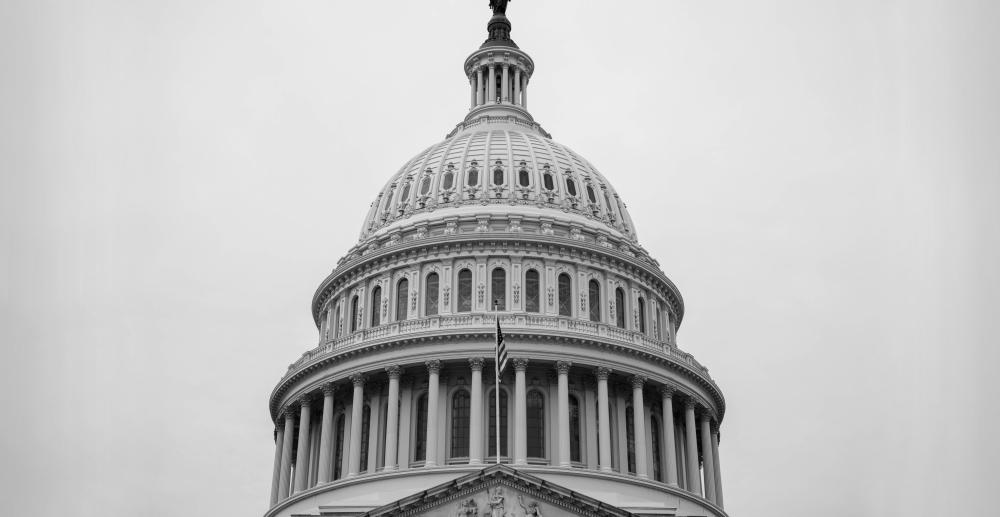Is Suboxone Treatment Effective for Heroin Addiction?
Medication Assisted Treatment with Suboxone (or methadone) is commonly thought to the gold standard treatment for treating addiction to opioid. Taking Suboxone (buprenorphine/naloxone) helps individuals reduce or quit their use of opioids without having to experience withdrawal symptoms. Suboxone is used to treat addiction to prescription opioids, such as oxycodone and morphine.
What about heroin – is Medication Assisted Treatment with Suboxone helpful for people who use heroin?
Although use of prescription painkillers is more common, heroin is especially dangerous for a couple of reasons. Because it is an illegal drug, users can never be sure of its purity, leading to a greater risk of overdose. In addition, there is the possibility that it is contaminated with other dangerous drugs, like fentanyl, another extremely strong opioid. [1] Heroin overdose deaths are increasing at a greater rate than deaths from opioids such as oxycodone and morphine. [2] This is possibly because people using prescription opioids for medical or non-medical purposes often switch to heroin as it is easier to find, and more cost-effective. [3]
Get help for heroin addiction today.
What does the research say?
Research clearly shows that yes, Suboxone treatment is effective for treating heroin addiction. One review found that treatment with buprenorphine (i.e. the active ingredient in Suboxone) significantly improved retention in treatment and reduced heroin use compared to a placebo (i.e. inactive treatment). [4] A recent randomized controlled trial compared heroin-dependent patients on Suboxone treatment versus a waitlist with no treatment. They found that the patients in the treatment group reduced their use of heroin across 12 weeks; they also had greater improvements in quality of life, mental health, and engagement in criminal activity compared to the waitlist group. [5] Taken together, this evidence suggests that Medication Assisted Treatment for Suboxone is a useful treatment option for heroin use, not just prescription opioid use.
Which is better, methadone or Suboxone?
One study comparing buprenorphine with methadone treatment long-term, demonstrated that they were equally effective in reducing heroin use, as well as improving mental health, social adjustment, and general quality of life. [6] So both medications are effective for treating heroin use disorder. Read our contributor’s personal comparison of buprenorphine and methadone.
When can I start Suboxone?
Before starting Suboxone for any type of opioid use disorder, one must have stopped taking opioids for a certain length of time to make sure that they don’t experience precipitated withdrawal, i.e. even more severe withdrawal symptoms (read more here). Ask your provider for more details on when to stop taking heroin before starting Suboxone.
Where can I find Suboxone for treating heroin use disorder?
Workit Health offers treatment for opioid use disorder (including addiction to heroin) using a novel combination of Suboxone and personalized online therapy in many states. If you aren’t in those states, you can check out Suboxone.com to find a provider near you.
References
[1] Voklow, N.D. (2014, May 14.) America’s Addiction to Opioids: Heroin and Prescription Drug Abuse.”National Institute on Drug Abuse. Retrieved from https://www.drugabuse.gov/about-nida/legislative-activities/testimony-to-congress/2016/americas-addiction-to-opioids-heroin-prescription-drug-abuse
[2] Rudd, R. A., Aleshire, N., Zibbell, J. E., & Matthew Gladden, R. (2016). Increases in drug and opioid overdose deaths—United States, 2000–2014. American Journal of Transplantation, 16(4), 1323-1327.
[3] Compton, W. M., Jones, C. M., & Baldwin, G. T. (2016). Relationship between nonmedical prescription-opioid use and heroin use. New England Journal of Medicine, 374(2), 154-163.
[4] Sung, S., & Conry, J. M. (2006). Role of buprenorphine in the management of heroin addiction. Annals of Pharmacotherapy, 40(3), 501-505.
[5] Dunlop, A. J., Brown, A. L., Oldmeadow, C., Harris, A., Gill, A., Sadler, C., … & Hinman, J. (2017). Effectiveness and cost-effectiveness of unsupervised buprenorphine-naloxone for the treatment of heroin dependence in a randomized waitlist controlled trial. Drug & Alcohol Dependence, 174, 181-191.
[6] Maremmani, I., Pani, P. P., Pacini, M., & Perugi, G. (2007). Substance use and quality of life over 12 months among buprenorphine maintenance-treated and methadone maintenance-treated heroin-addicted patients. Journal of substance abuse treatment, 33(1), 91-98.









